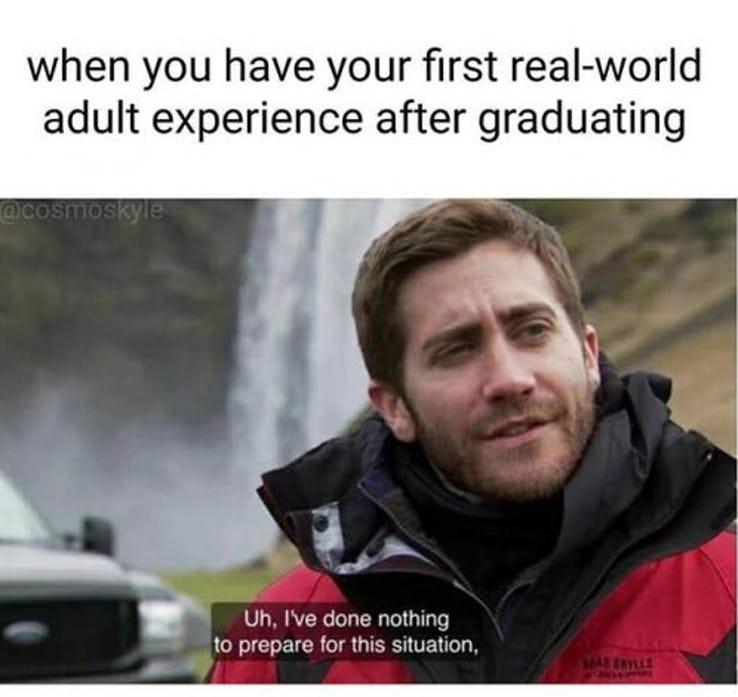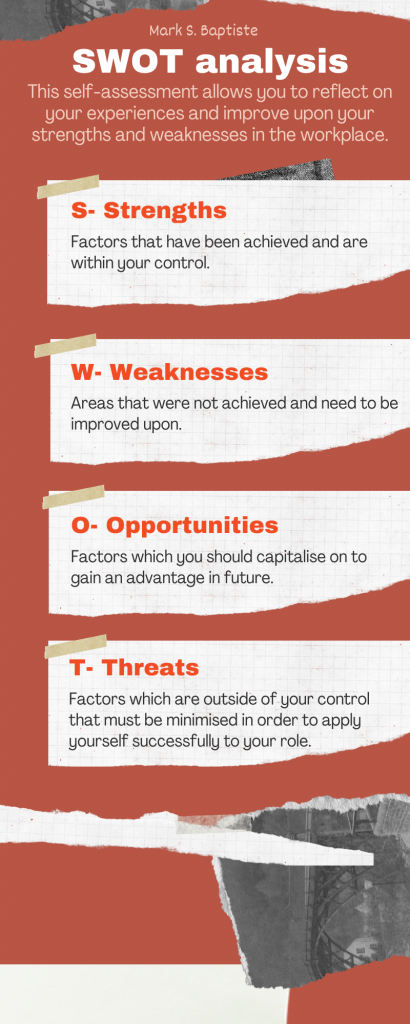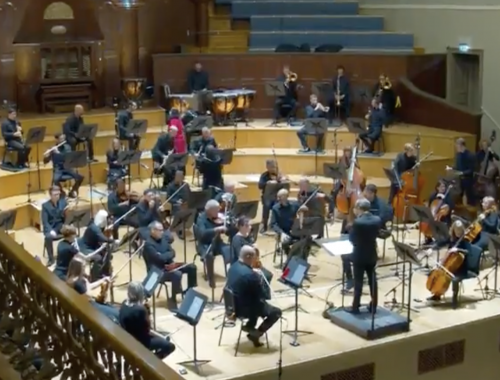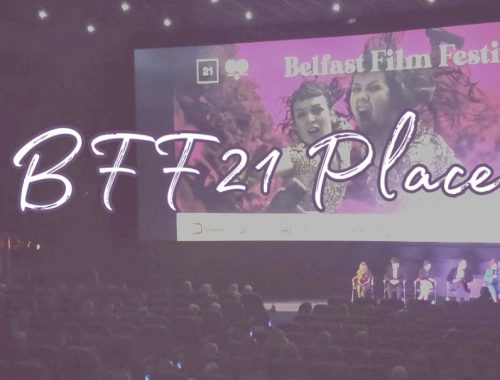Finding ‘the one’: Securing a placement in the aftermath of a pandemic
It’s safe to say that COVID-19 disrupted our plans for 2020 and beyond. For students, these devastating consequences denied us the typical university experience which ordinarily encourages socialisation and interaction.
But forget the social life coming to a halt- what about the effects of the pandemic on our future career? Using Gibbs’ reflective method (see fig. 1), I will reflect on my experience in trying to secure a placement following the effects of COVID-19.
What happened – dipping a toe into the world of television

In June 2021, as the media industry began to heal itself in the aftermath of the pandemic, I found myself situated on the side-lines trying to secure a placement. Brannen details that ‘Covid-19 marks the start of an era of continuous, rapid change’ (1), and so it’s certainly intimidating to enter the industry at such an unstable time.
After over a year of media festivals, premieres, and other events being cancelled, I found that I had little opportunity to network with those in the industry. Where would I start?
Fig.1: Gibb’s Reflective Cycle.
Rumson, Ruby. ‘Gibbs – Reflective Cycle Model (1988)’, The E-Learning Network, 2018.
Being my main line of support over the last year, I reached out to lecturers whom I had built a good rapport with for guidance. Having established an interest in Strident Media’s work, one lecturer had reached out with details on work placement opportunities within the company. I emailed my interest to the company along with my CV, and later secured an interview.
As part of the interview, I had to pitch a concept for a new television series. Having missed many opportunities to workshop and pitch in class due to COVID-19 restrictions, I was very much out of my depth.
Despite this, I knew to be enthusiastic and friendly in the interview, knowing that in the media industry, ‘getting on happily with others [is] absolutely critical.’ (Gregory 28). As well as this, I followed Baptiste’s recommendation in researching about the company, as he insists that ‘It is essential that you know as much as possible about the company you’re hoping to work for.’ (53).
Due to COVID-19 precautions, my interview took place online. The main issue with this was my internet connection, as I was often unable to hear the panel, and vice versa. As I panicked, I could only try to compose myself and hope for the best. Later, I was thrilled to discover that I was offered a place on the placement programme.
This entire experience offers a fantastic opportunity to reflect on some of the critical aspects of getting a job in the industry.
Thoughts and feelings – fake it ‘til you make it

Securing a placement for me was an extremely daunting process. Due to the effects of COVID-19 on my university education, I had had little experience in interacting in a professional capacity. I felt inexperienced and slightly overwhelmed, knowing that upon graduation I would be entering a highly competitive industry.
Moreover, as I had little experience in doing online interviews, I was extremely nervous. This alongside the difficulties with my internet connection was something that I had to overcome in order to stand out as an applicant.
However, I’m extremely passionate about the television industry and was eager to find new opportunities for myself. I was also assured knowing that I have a strong support network of lecturers.
Evaluating my experience – following the SWOT process
In self-assessing my experience, I considered Baptiste’s SWOT analysis process (see fig. 2).

Strengths
- I currently have a great support network in the form of lecturers and advisors. I will continue to build these relationships and create opportunities through this network.
- I am very passionate about the television industry and despite my inexperience, I’m proud I had the initiative to apply for the Strident Media placement. Despite my lack of experience, I knew that ‘Motivation and enthusiasm are essential qualities in the eyes of employers.’ (Georgia 31), and that would certainly help me to stand out.
- Despite my nerves, I was able to overcome issues with internet connection during my interview, remaining professional and calm.
Weaknesses
- I felt very out of my depth, having been unable to build my network over the past year due to COVID-19 restrictions. Therefore, I felt very disadvantaged and inexperienced in the workings of the industry.
- I struggled with the concept of pitching and need to further develop my interpersonal skills through class tasks and projects, and other opportunities outside of university.
Opportunities
- I will make an effort in my final year to further establish working relationships with lecturers, advisors, and classmates in order to build my network.
- I will openly engage in tasks and projects in class in order to further develop my interpersonal skills and confidence.
Threats
- I find that high-pressure situations such as my placement interview lead me to stress and panic, which could sabotage some opportunities for me during the placement and further on in my career. In the industry, I need to learn to be able to keep up with the fast-paced environment and have assurance in my capabilities.
Fig. 2: SWOT Analysis. Designed with canva.com.
Baptiste, Mark S. How to Get a Job in Television: The Ultimate Guide to a Career in TV Playout, Transmission & Master Control. Createspace Independent Publishing Platform, 2017.
Conclusion – what is my action plan for the future?
After my search for a placement, I have learned many things about myself and the television industry. Primarily though, through this search and interview process, I have identified my strengths, weaknesses, motivations, and skills, which is extremely valuable for me.
As I continue my studies, I aim to reflect upon my SWOT analysis and continue to build my self-awareness. Despite COVID-19’s devastating effects, I can further develop my interpersonal skills and engage with the opportunities that Queen’s provides to support my future career prospects.
(972 words)
Works Cited
Baptiste, Mark S. How to Get a Job in Television: The Ultimate Guide to a Career in TV Playout, Transmission & Master Control. Createspace Independent Publishing Platform, 2017.
Brannen, Samuel, et al. Covid-19 Reshapes the Future. Center for Strategic and International Studies (CSIS), 2020.
Gregory, Georgina, et al. Careers in Media and Film: The Essential Guide, SAGE Publications, 2008.
You May Also Like

In at the Deep End: Recording an Orchestra
26 November 2021
Breaking into the Film Industry: What You Know or Who You Know?
24 November 2021

